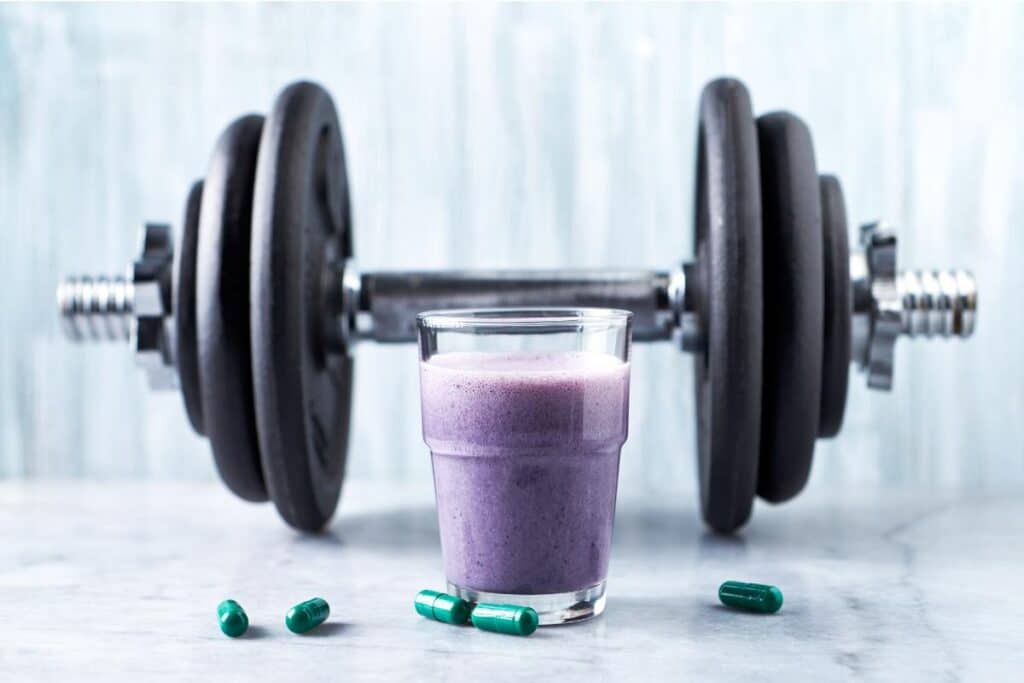Few compounds have garnered as much attention as L-Carnitine in the ever-evolving landscape of health and fitness supplements. Widely acclaimed for its potential to enhance fat metabolism, boost energy levels, and support athletic performance, this supplement has become a staple in the supplement regimens of many lifestyle bodybuilders.
This article delves into the science behind L-Carnitine, its potential benefits, recommended usage, and considerations for integrating it into your wellness routine.
Understanding L-Carnitine
L-Carnitine is a naturally occurring amino acid compound synthesized in the body from the essential amino acids lysine and methionine. It plays a crucial role in cellular energy production by facilitating the transport of fatty acids into the mitochondria, the powerhouses of our cells, where they are converted into energy. This process makes this supplement integral to fat metabolism and overall energy utilization.
Potential Benefits
- Fat Metabolism: L-Carnitine’s primary function is to aid in the breakdown of stored fats, helping to generate energy. As a result, supplementing with L-Carnitine has been linked to improved fat oxidation, potentially supporting weight management and body composition goals.
- Enhanced Exercise Performance: L-Carnitine’s role in energy production extends to physical performance. Increasing the utilization of fatty acids as an energy source during exercise may delay the onset of fatigue and improve endurance, making it a popular choice among athletes and active individuals.
- Cardiovascular Health: Some research suggests that L-Carnitine could benefit heart health by promoting healthy blood lipid levels and improving blood flow. It may also contribute to reducing oxidative stress and inflammation.
- Muscle Recovery: L-Carnitine’s energy-producing properties can aid in post-exercise muscle recovery. Providing additional energy substrates might help reduce muscle damage and promote faster recovery after intense workouts.
Recommended Usage
L-Carnitine is available in various forms, including L-Carnitine L-Tartrate, Acetyl-L-Carnitine, and Propionyl-L-Carnitine, each with potential benefits and absorption rates. When considering this supplementation, it’s essential to consult a healthcare professional or registered dietitian to determine the most suitable form and dosage for your individual needs.
Dosage recommendations can vary, but a typical dosage range for L-Carnitine supplementation is typically around 500 to 2000 mg per day, taken in divided doses. The timing of consumption can also be crucial; some prefer taking it before exercise to enhance performance, while others benefit from it with meals to support fat metabolism.
Considerations and Precautions
While L-Carnitine is generally considered safe for most individuals when taken within recommended dosages, there are a few considerations to keep in mind:
- Individual Response: Responses to supplementation can vary. Some people may experience noticeable benefits, while others might not observe significant changes.
- Allergies and Sensitivities: Individuals with allergies or sensitivities to specific amino acids or other compounds should exercise caution and consult a healthcare professional before using L-Carnitine supplements.
- Medical Conditions: People with pre-existing medical conditions, such as kidney issues, should seek medical advice before adding L-Carnitine.
Conclusion
L-Carnitine is a prominent example of how science continues to unveil the potential of natural compounds to support health and wellness. With its role in energy production, fat metabolism, and exercise performance, this supplement has gained popularity with diverse benefits.
However, it’s crucial to approach supplementation with knowledge and caution, ensuring it aligns with your goals and needs. Consulting a healthcare professional is essential before adding any new supplement to your routine.
If you love bodybuilding, share this article on Facebook or Twitter so that others can learn more about building muscle.




